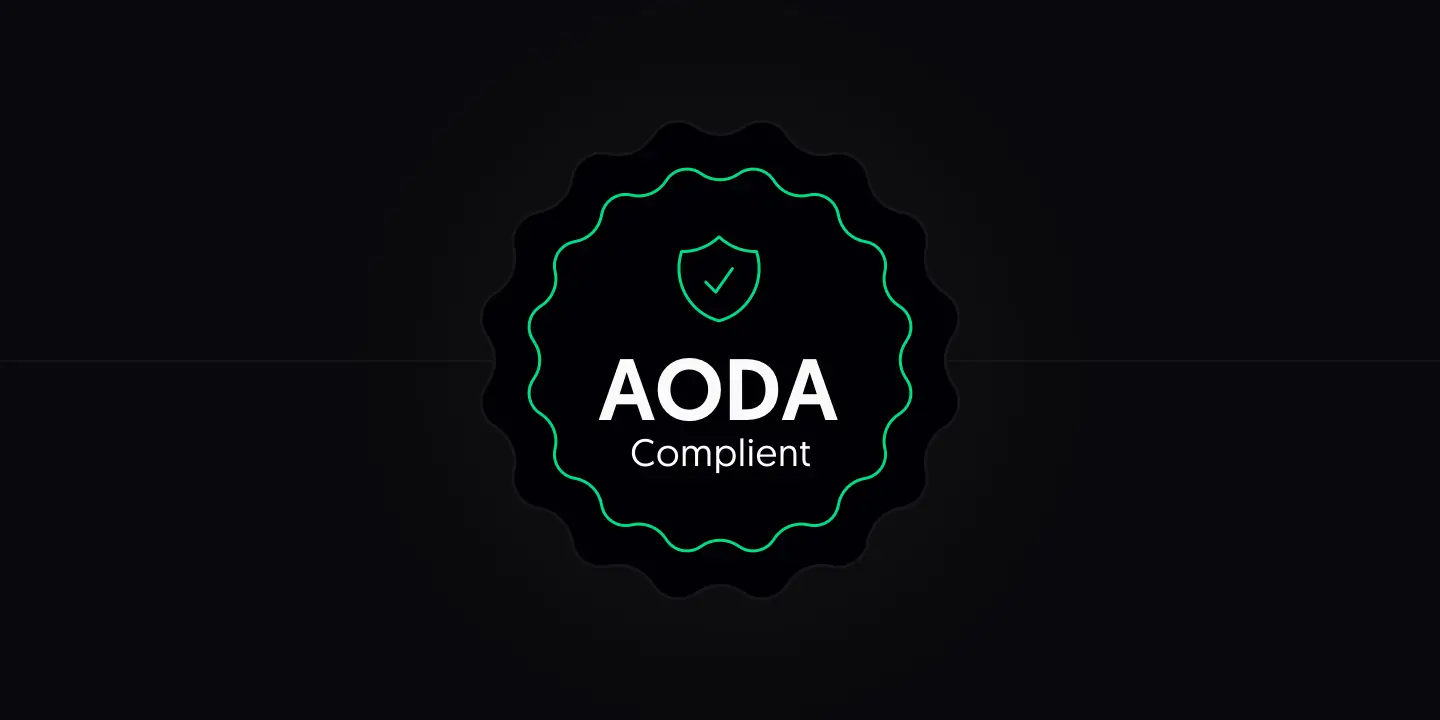
The Accessibility for Ontarians with Disabilities Act, 2005 (AODA), represents a significant commitment by Ontario, Canada, to improve accessibility across the province by 2025. This forward-thinking legislation set a 20-year timeline for making public spaces more accessible, providing ample time for planning, revisions, and the remediation of accessibility barriers.
AODA Compliance Requirements
As of January 1, 2021, AODA mandates that all public websites operated by designated public sector organizations or private or non-profit organizations with 50 or more employees must meet specific accessibility standards. This requirement applies to websites and web content published on or after January 1, 2012, ensuring that digital spaces are accessible to all users, including those with disabilities.
The Scope of AODA
AODA aims to enhance accessibility standards for Ontarians with physical and mental disabilities, covering a wide range of facilities and services. Employers in Ontario must adhere to these standards, which are designed to identify, remove, and prevent barriers to accessibility. The act uses the term “barrier” to describe any obstacle that prevents full societal participation due to a disability.
Web Standards and AODA
AODA’s application to digital platforms requires that websites and web-based applications comply with the Web Content Accessibility Guidelines (WCAG) 2.0, Level AA. These international standards provide a blueprint for web developers on creating accessible web pages, ensuring compatibility with assistive technologies and making the web more inclusive.
Understanding WCAG
The WCAG, developed by the World Wide Web Consortium (W3C), offers a comprehensive set of guidelines for making web content accessible. The guidelines are structured around four principles: perceivable, operable, understandable, and robust. These principles ensure that web content is accessible to a broader range of people with disabilities.
The Four Principles of AODA
AODA emphasizes the importance of dignity, independence, integration, and equal opportunity in achieving accessibility. These principles guide organizations in Ontario to accommodate the needs of individuals with disabilities, ensuring they can participate fully in society.
AODA Standards
AODA is structured around five standards: Information and Communications, Employment, Transportation, Design of Public Spaces, and Customer Service. These standards outline specific requirements for making services and spaces accessible to everyone, including those with disabilities.
AODA Fines and Penalties
AODA includes enforcement mechanisms to ensure compliance, with fines up to $50,000 per day for individuals and up to $100,000 per day for corporations for non-compliance. The act underscores the legal and moral obligation to make Ontario’s public and digital spaces accessible to all.
Conclusion
AODA represents a comprehensive effort to make Ontario more accessible for individuals with disabilities. By adhering to AODA standards and the WCAG guidelines, organizations can contribute to a more inclusive society. As we move towards the 2025 target, the commitment to accessibility under AODA serves as a model for other regions and industries, highlighting the importance of creating spaces that everyone can access and enjoy.